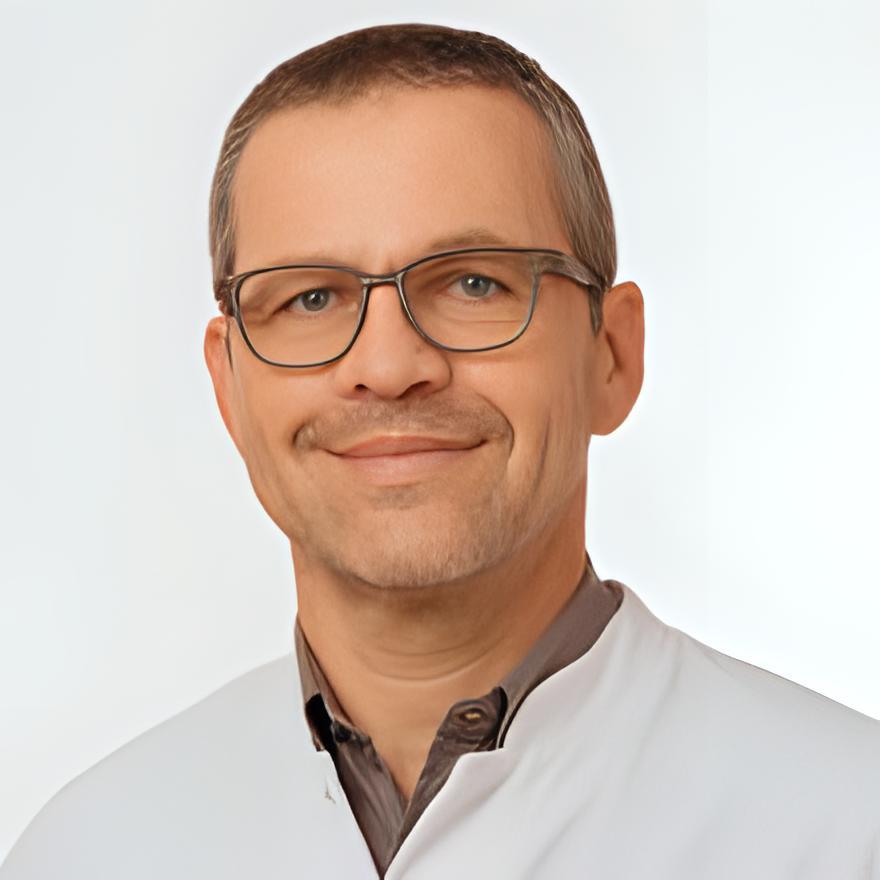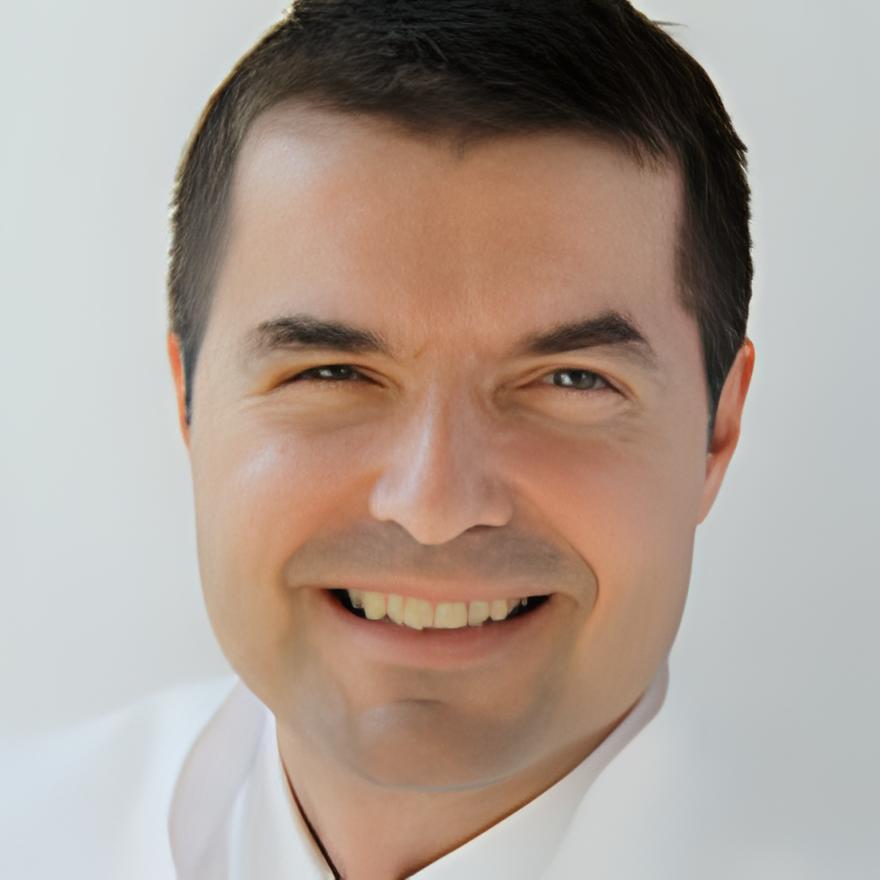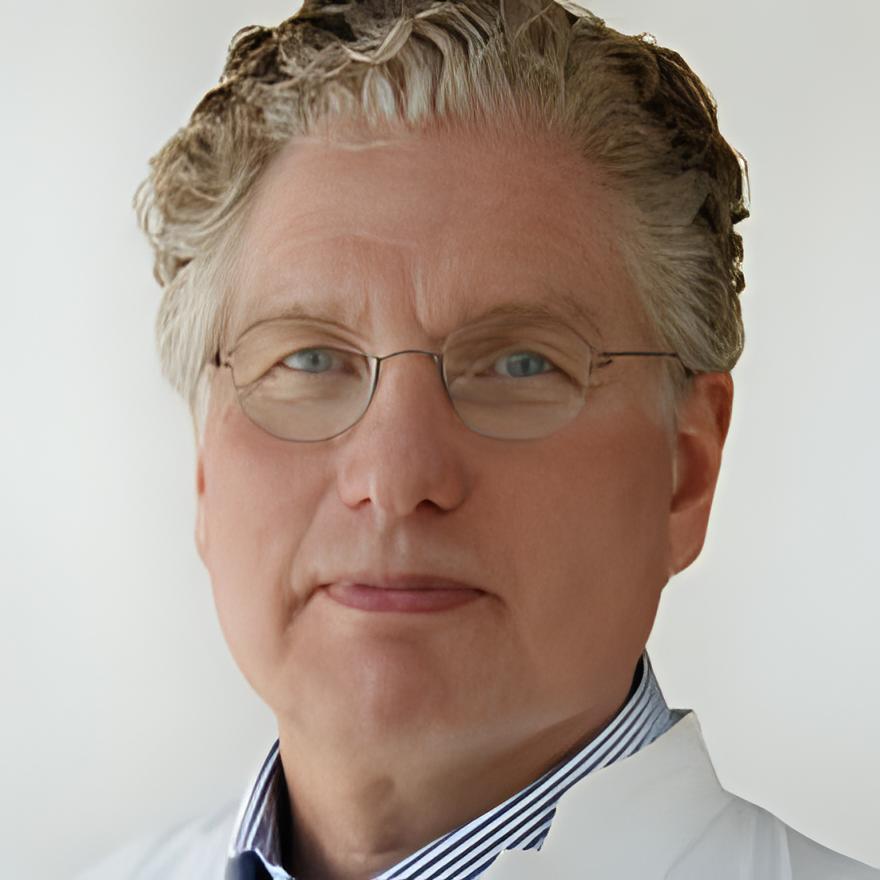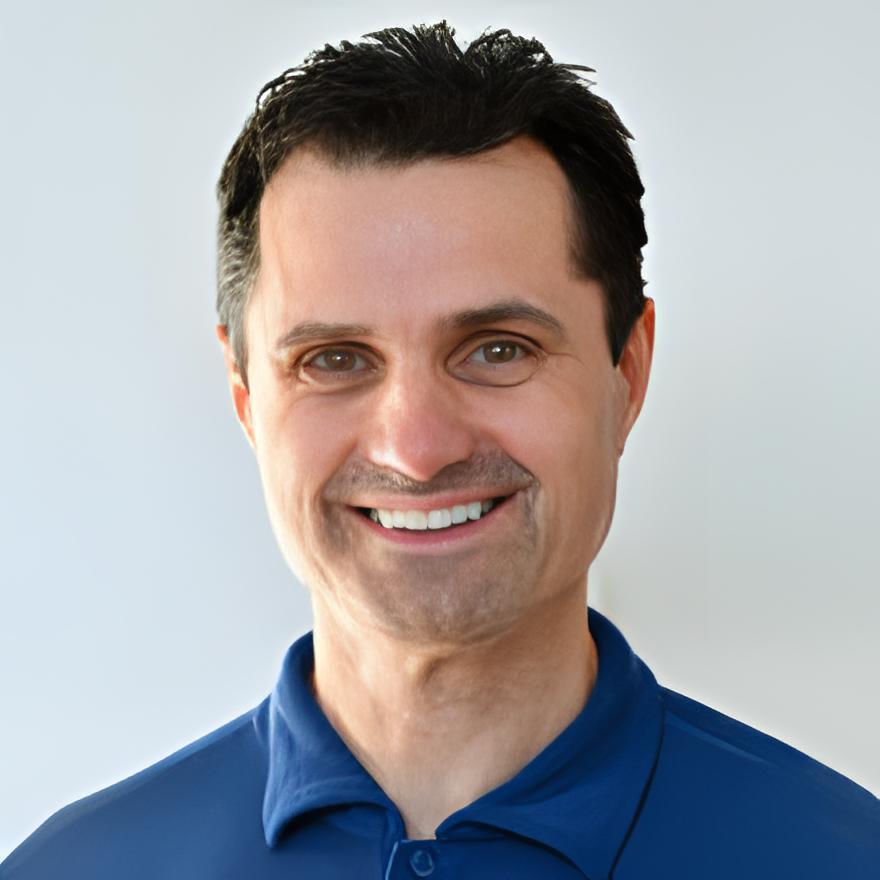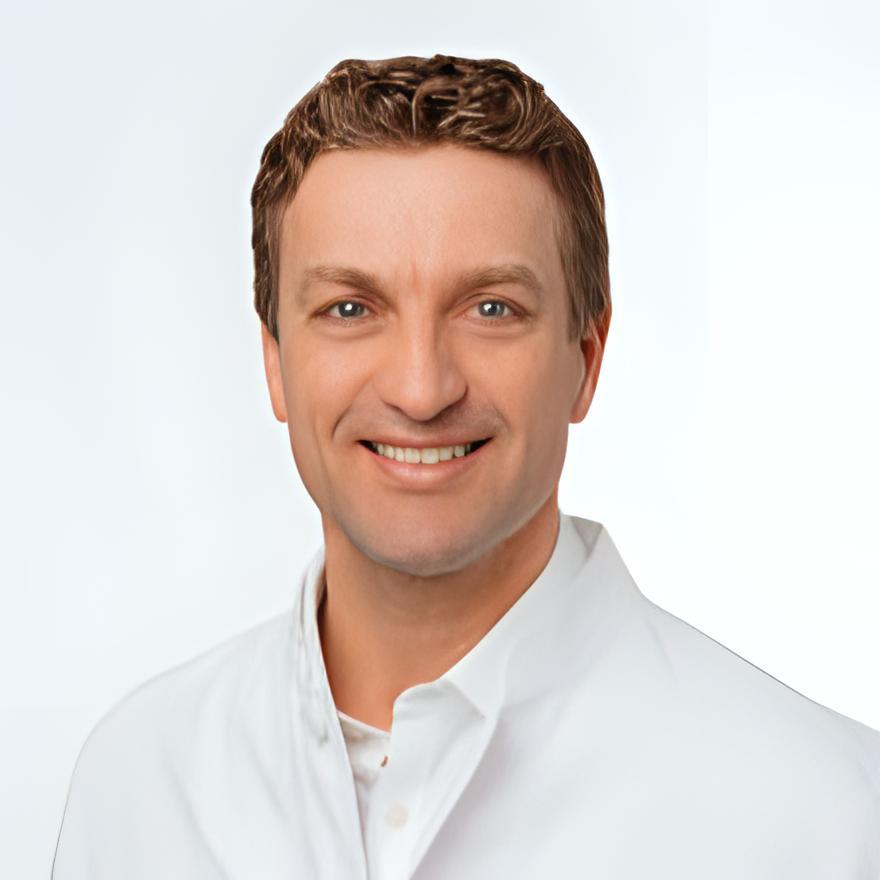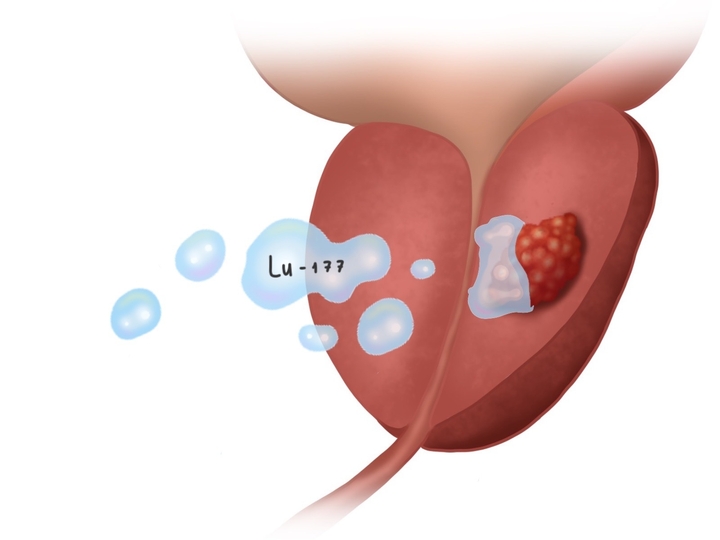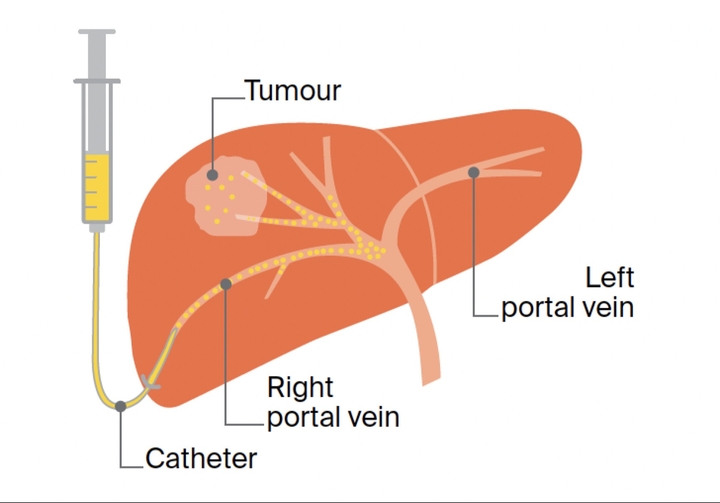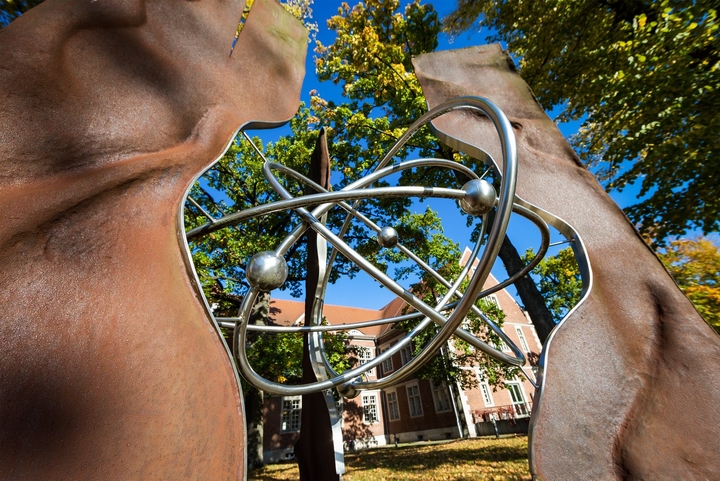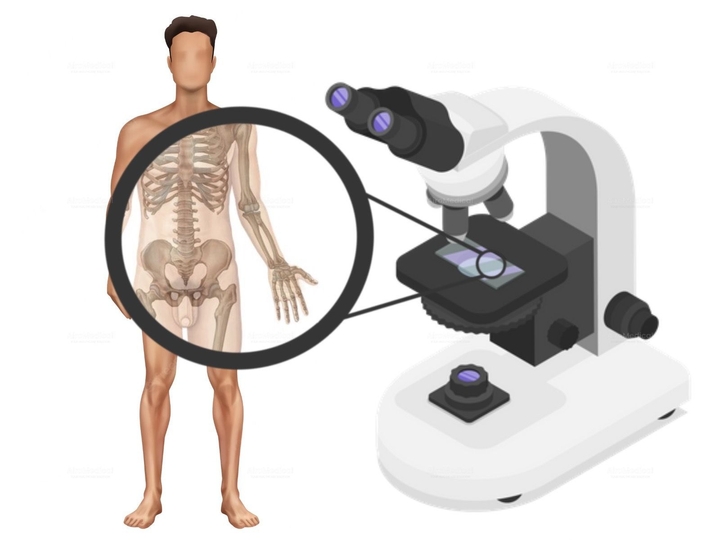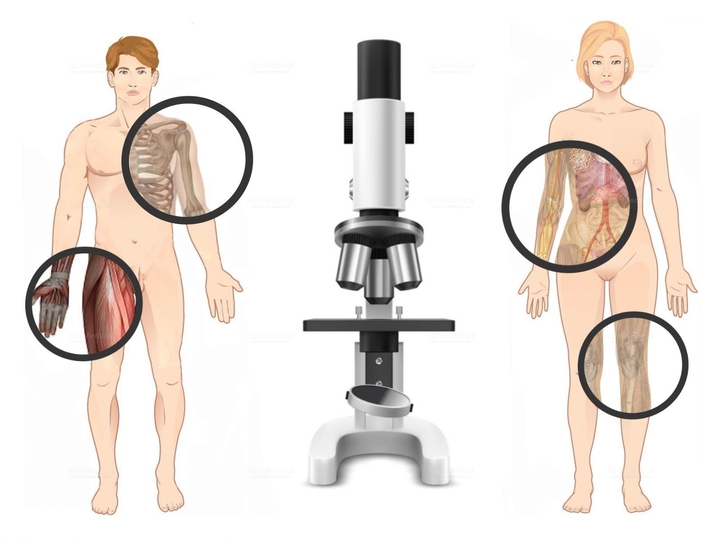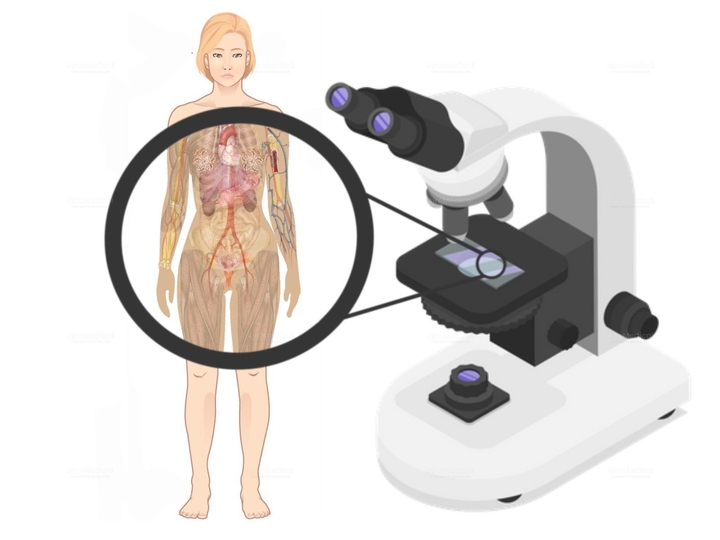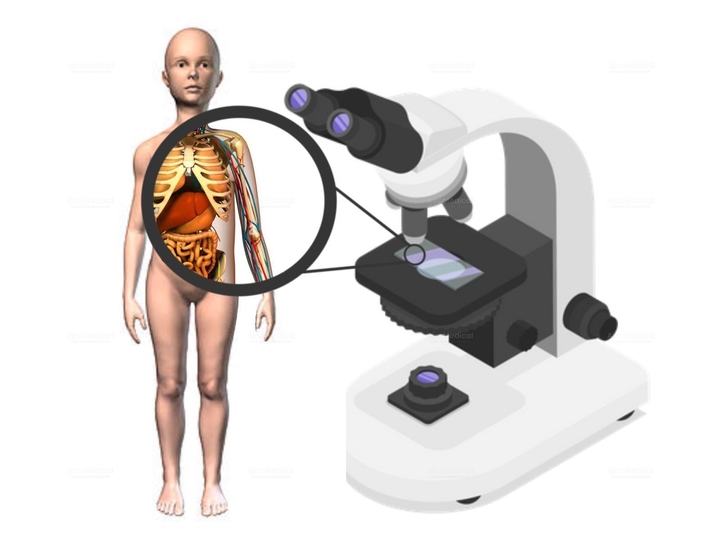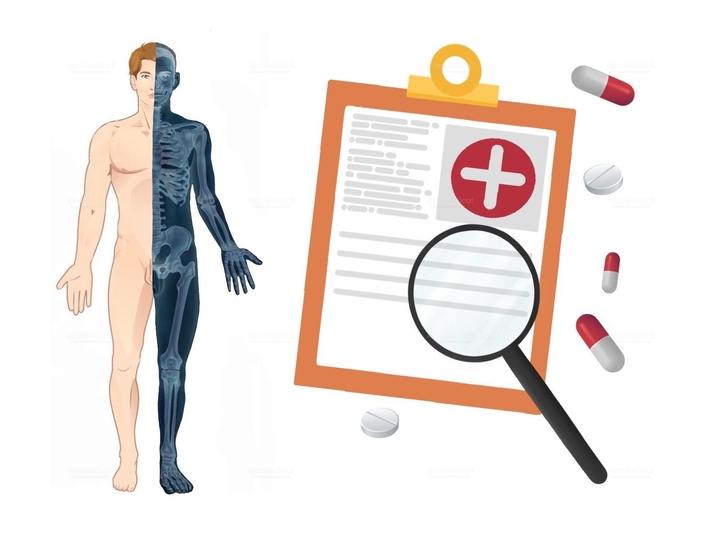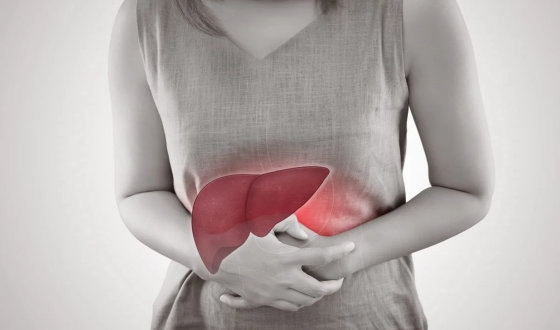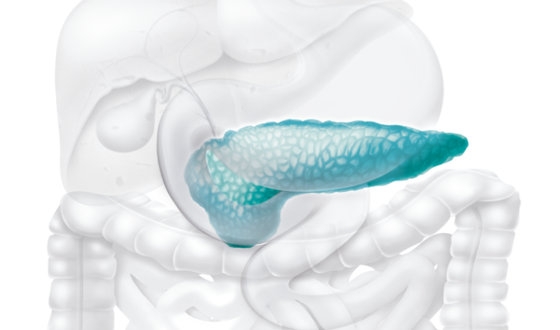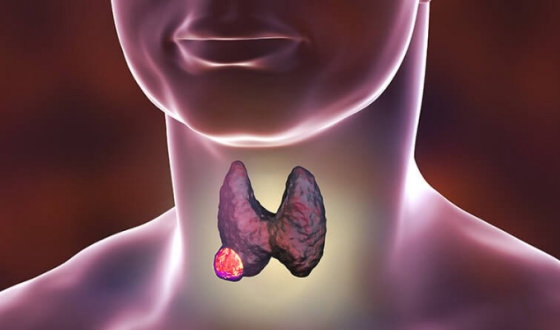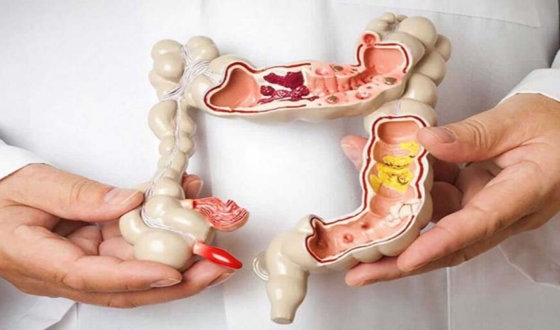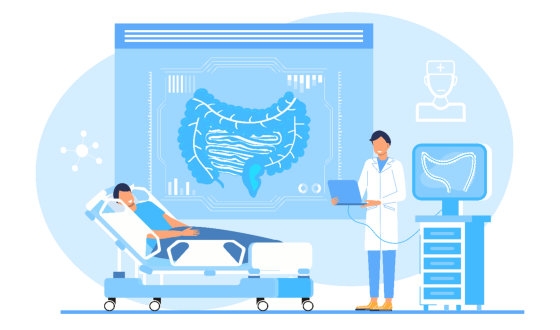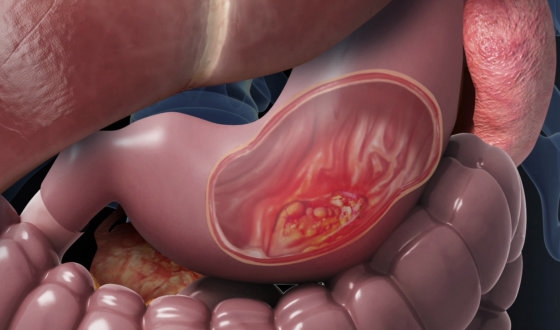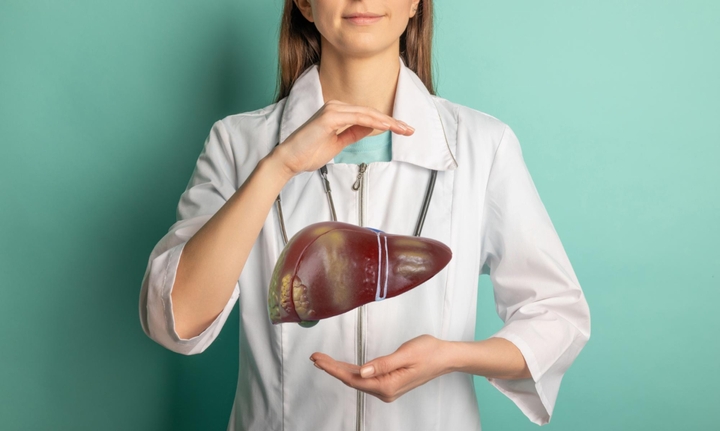General Surgery Worldwide: Best Hospitals, Doctors, Options, & Cost
General surgery is responsible for diagnosing and treating all diseases requiring surgical interventions. It is usually used as a last resort when other treatments are not possible or are ineffective.
The possibilities of modern surgery can help many patients worldwide who, just a few years ago, had little chance of recovery. Every day, thousands of operations are performed in the best hospitals worldwide related to the digestive tract, mammary gland, head and neck, injuries, etc. Many of them enable the patient to improve the quality of his life and get back on his feet – sometimes literally.
Many unique procedures common to hospitals abroad are often unavailable in patients' home countries. In addition, since world-recognized surgeons show successful statistics, patients choose to travel overseas even if standard interventions are necessary.
Best surgical hospitals
How to choose the best surgical hospital?
Compliance with international standards is an excellent advantage for a general surgery clinic abroad. You can entrust your health to such a clinic if it has international accreditations and certificates from specialized communities. It is also necessary to be guided by two essential criteria: the surgeon's experience and the hospital's technical equipment.
It is particularly relevant for laparoscopic facilities that utilize robot-assisted surgery. A high-quality surgical hospital specializing in general surgery is equipped with advanced medical technology, including hybrid operating rooms. Ultrasound, MRI, or CT is practiced directly during surgery, significantly increasing effectiveness.
Choose general surgery clinics where the treatment is complex. Care should be aimed at identifying and eliminating the cause of the disease, as well as speedy rehabilitation. It is advisable to rely on a specialized platform for organizing your medical trip. That helps to explore more about leading surgical centers, get trusted feedback and make an informed decision.
Top surgeons in the world
Criteria for choosing the world's best surgeon
When searching for the best surgeon in the world for an operation, one must consider his experience and qualifications, specialization, and reputation. The better his reputation, the more likely he is a professional in his field. Check his certificates, licenses, and the number of successful surgeries. The more experience the specialist has, the higher the probability of a positive outcome of the operation.
The top surgeons in the world are focused on minimal intervention. They can advise options beyond traditional surgery, such as laser, endoscopic, and robotic procedures. These alternatives provide the desired results while avoiding long rehabilitation.
Be bold, ask questions, and conduct your research to be sure of your choice. Remember that is the key to successful recovery. Contacting doctors presented in the AiroMedical lists will solve your problem most effectively and delicately without a long wait.
Diagnostics used before your surgery
Before performing any surgery, the patient must be diagnosed. The correct diagnosis is an essential condition for a speedy recovery.
Specifying the exact list of surgical studies is difficult, as it depends on the disease and surgery type. At the same time, a standard set of procedures is most often prescribed before the surgical intervention.
Diagnostic procedures before the operation
Other studies are conducted at the discretion of the doctor's team. For example, gastroscopy is indicated before some operations on the abdominal cavity. Some surgical procedures are contraindicated in severe cardiac disorders. And in such cases, electrocardiography will be included in the examination list.
Top offers
Advanced surgical treatment solutions
Surgery is one of the fastest-growing branches of medicine. The last 30 years have been marked by a real boom in developing organ-preserving, minimally invasive, and robotic techniques. As a result, general surgeons abroad are constantly improving their treatment methods. Innovative approaches are practiced in hospitals in Europe, the USA, and Israel.
Latest surgical procedures
Surgical solutions for complex cases
Thanks to the listed methods, doctors achieve impressive therapeutic effects with minimal injury to the patient. It, in turn, guarantees a quick and mild postoperative recovery, a shortened period of hospitalization, and the absence of severe cosmetic defects.
Patients who have undergone surgery in top hospitals presented in the AiroMedical list note the ease of rehabilitation, the lack of cosmetic flaws on the skin, and the tangible effect of the procedures.
Cost for general surgery
General surgery€915 - 340,738
Advantages of medical tourism
Medical tourism has become a real boom of the 21st century. More than 20 million patients worldwide annually choose treatment abroad, as they cannot receive the necessary healthcare at home. Hospitals overseas offer innovative methods, such as da Vinci robotic surgeries or the most advanced biopsy methods, which are still unavailable in many countries.
Why consider medical travel for a surgical operation?
General surgery abroad is not only a modern technique but also a systematic approach to treatment. Therefore, regardless of the type of surgery, the patient receives:
Such a comprehensive and balanced approach to surgical treatment overseas contributes to the excellent result of the interventions.
Our task is not just to choose the top surgical hospital or a world-class surgeon for you but to accompany and support you at every step of your path to health — from finding the correct information until you need it. AiroMedical is the stories of thousands of people who entrusted us with their hope for recovery, with whom we experienced their "second birthday" together after the most difficult life-saving operations.
How AiroMedical can help you
Read more in our blogs
FAQ
What are the best clinics for General Surgery?
Who are the best doctors for General Surgery?
Prof. Dr. med. Roland Ladurner from
Martha-Maria Hospital Munich
Prof. Dr. med. Stefan Hinterwimmer from
ATOS Clinic Munich
Prof. Dr. med. Peter Biberthaler from
University Hospital Rechts der Isar Munich
Prof. Dr. med. Hans Hoffmann from
University Hospital Rechts der Isar Munich
Prof. Dr. med. Rudiger von Eisenhart-Rothe from
University Hospital Rechts der Isar Munich







